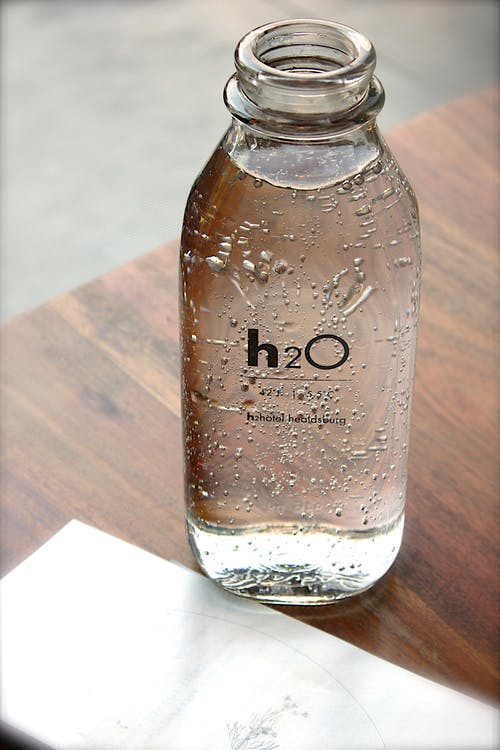Water is essential for your health. Keeping properly hydrated can make a huge difference in how you feel every day. With the summer, and higher temperatures coming it can be easier than you might think to become dehydrated.
Signs of dehydration include:
Dry, sticky mouth – sleepiness – dry skin – headaches – constipation – dizziness or lightheadedness – minimal urine – muscle cramps – extreme thirst – irritability – confusion – sunken eyes – low blood pressure – rapid heartbeat – rapid breathing – few or no tears
Everyone has heard that they should drink 8 glasses of 8 oz. of water a day, but that is not quite true. “The Institute of Medicine determined that an adequate intake (AI) for men is roughly about 13 cups (3 liters) of total beverages a day. The AI for women is about 9 cups (2.2 liters) of total beverages a day.” This advice is not too far from the standard recommendation but, according to the Mayo Clinic, exercise, environment, illness, and pregnancy or breastfeeding all require a higher intake of water.
Water quality
Have you ever thought of the quality of the water you are drinking?
If the majority of the water you drink comes from the tap, you should know that you might be swallowing more than you may have thought. Although tap water is tested regularly, the environmental working group has found, in its own study, over 300 pollutants in U.S. drinking water. These pollutants include’s, chloroform, lead, copper, arsenic, radium, barium, and others. Not only does most tap water include these pollutants, but fluoride is routinely added to the water supply.
Fluoride is accumulated in the body which can lead to calcified tissues such as the bones and pineal gland, and fluoride over-consumption can lead to dental fluorosis, which leads to dark spots on teeth.
Fluoride may also be damaging to the brain. “According to the National Research Council (2006), “it is apparent that fluorides have the ability to interfere with the functions of the brain.” In a review of the literature commissioned by the US Environmental Protection Agency (EPA), fluoride has been listed among about 100 chemicals for which there is “substantial evidence of developmental neurotoxicity.” Animal experiments show that fluoride accumulates in the brain and alters mental behavior in a manner consistent with a neurotoxic agent (Mullenix 1995).”
So what can you do?
You may think that the answer is to only drink water from pre-filled bottles, but it turns out that most bottled water is simply, tap water that has only been filtered to the point that it tastes better than tap water, without removing the harmful pollutants.
It is recommended by the environmental working group that you invest in a reverse osmosis system and use a carbon filter such as a pitcher filtration system. They offer this handy guide here. Be sure to check the description of whichever system you choose so that you are not filtering out the beneficial minerals.


